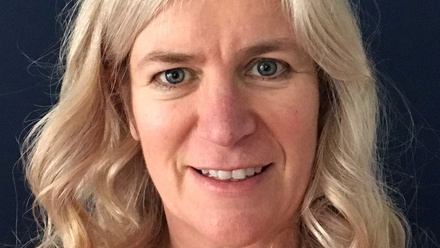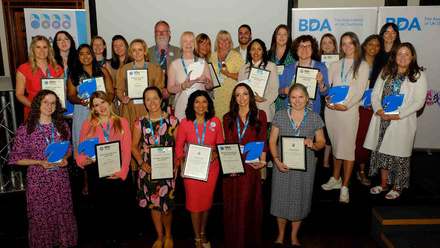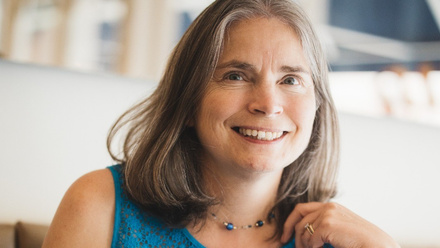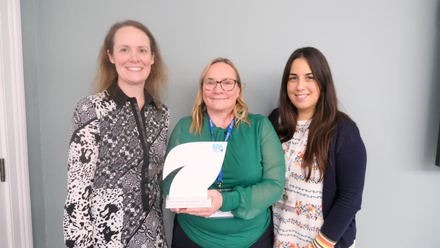Professor Simon Langley-Evans has received the Honorary Associate honour, in recognition of his outstanding personal commitment to education, research and publishing in nutrition and dietetics and exceptional contribution to the Association and the profession as Editor-in-Chief of the Journal of Human Nutrition and Dietetics (JHND).

Simon is Emeritus Professor of Human Nutrition at the University of Nottingham. He is a nutritionist and was the first non-dietitian to take on the role of Editor-in-Chief of JHND. His leadership over 11 years led to an increase in quality, recognition and international profile of the journal and reputation of dietitians and the BDA in relation to research. Simon has made many contributions to dietetic education and has shown huge support for publishing BDA-endorsed guidelines in JHND meaning that Dietitians have fingertip access to these to support evidence-based practice.
We asked Simon what it means to have been named the inaugural recipient of this honour, given for exceptional contribution to the advancement of the dietetic profession and/or to the activities of the BDA.
What does it mean to you to have been named as an Honorary Associate?
I feel humbled to have been named as an Honorary Associate and would like to give my sincere thanks to those who made the nomination. This was most unexpected and is a very welcome accolade at the end of my career.
How did you get into the world of dietetics?
I am of course different to many recipients of awards from the BDA because I am not a dietitian.
My background was originally in biochemistry, later shifting into human nutrition as a researcher and teacher. My first encounters with dietitian came at the University of Southampton in the 1990s where I was able to observe how diverse their roles were and first appreciate the complexity of what dietitian must do on a day-to-day basis. This broadening of my perspectives enabled me to become a better teacher when I took on responsibilities for the delivery and development of the dietetic curriculum at the University of Nottingham’s then fledgling Master of Nutrition (Dietetics) degree.
For me the challenge was to make the conceptual leap from molecular interactions in test tubes to those clear and evidence-based messages that are communicated from dietitian to patient. This transformed my own professional practice.
What has been the highlight of your career?
While my early career focused on research and teaching, advancing into senior roles provided an opportunity to address inequalities within academia. Many of my career highlights stem from endeavors aimed at fostering gender equality in academic settings.
Witnessing increased representation of women in senior roles and a growing acknowledgment of barriers hindering women's career development in research and teaching has been immensely gratifying. Making a tangible difference in this realm has always been my professional aspiration, and I am proud of the impact I have made.
Who would you say inspires you in the world of dietetics?
I draw huge inspiration from all healthcare professionals who selflessly dedicate their expertise, time, and compassion to their patients. Operating in challenging environments, they perform daily miracles, profoundly impacting the lives of those in need.
While clinical dietetics demands a steadfast adherence to evidence-based practices, it's the dedication and transformative impact of these professionals that truly inspires me.
What advice would you give to others involved in the world of dietetics?
Maintain an insatiable curiosity. Despite significant advancements in nutritional knowledge, vast realms remain unexplored. Whether delving into the intricate relationship between food and health, deciphering human behavior, unraveling the mysteries of molecular nutrition, or navigating the influence of cultural factors on diet and health, there's always more to learn.
Find your passion, ask questions, and stay abreast of research developments. Through continuous inquiry and exploration, dietetic practice can evolve to better serve the diverse needs of patients.







